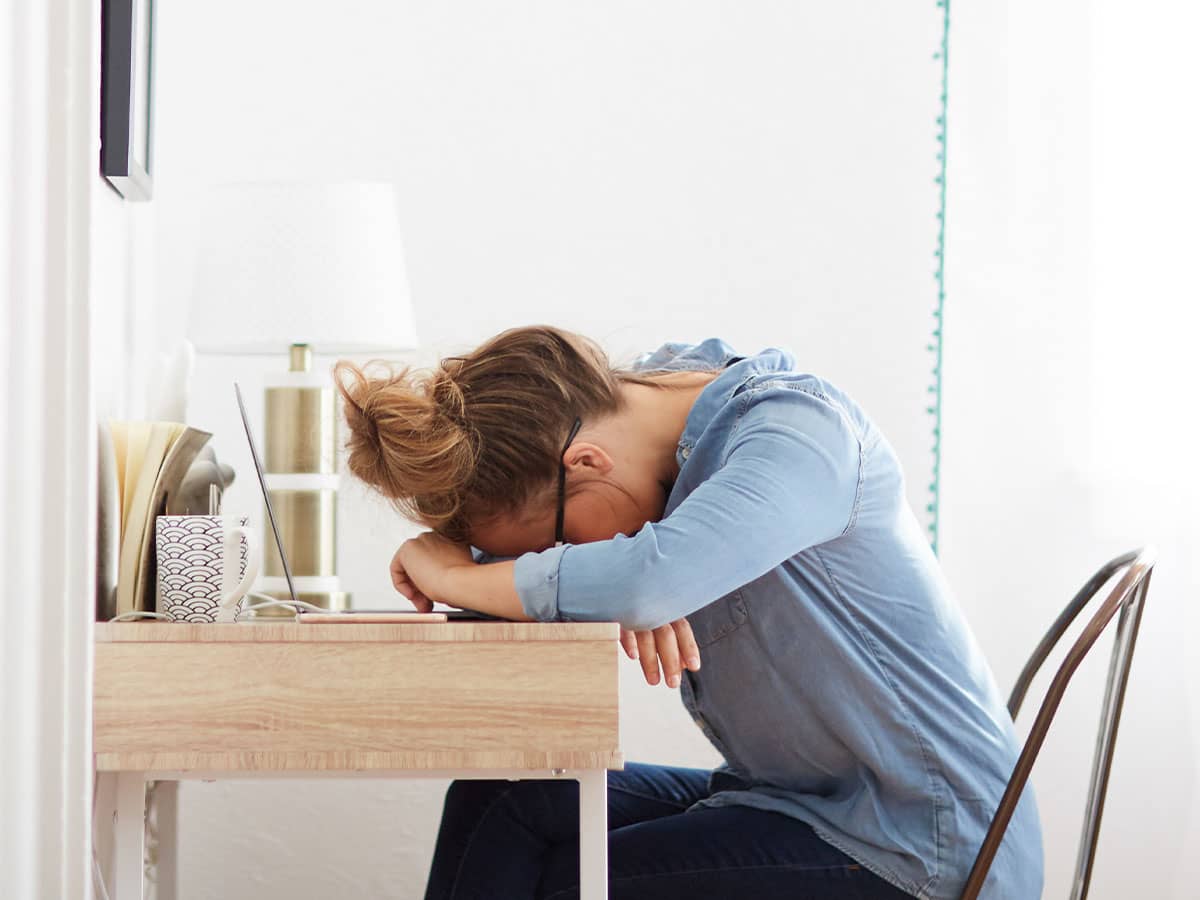 |
|
No day is so bad that it can't be made better with a nap.
-Carrie Snow
|
 |
From "Romancing the Ordinary: A Year of Simple Splendor" by Sarah Ban Breathnach:
In our defense, may I just point out that probably one of the reasons you're at the breaking point is that you're exhausted. Beatrix Potter described feminine fatigue as being "worn to a raveling," and I don't know a woman today who isn't sleep-deprived and threadbare. In fact, we're not just sleep-deprived, we're sleep-abused. Often, a woman's fatigue is more emotional than it is physical; like a toxic relationship, it's impossible to remedy before the acknowledgement of the problem or pain.
There's something pleasant about the kind of physical tiredness that comes after an afternoon of cleaning closets of planting rosebushes, but emotional exhaustion is so debilitating, no amount of sleep at night seems to revive you. What's more, emotional exhaustion is laced with enough distress and desperation to poison you slowly but not kill you off...
To be born a woman is to be chosen to nurture; calming the fears of our family and friends is a feminine prime directive. We accept it, even enjoy it. But that doesn't mean we aren't often exhausted by it. Every time we reassure another that it will be all right, we automatically try to figure out how we can be the one to make it so. Have you any idea of how much a ton of "there, there" weighs? This isn't to say that we should turn our backs on the very real needs of our loved ones...but we should at least give ourselves permission to redistribute the weight so that we can carry it more easily.
This revelation came to me after I found the courage to take a nap in the midst of a day that was overwhelming me. "You become courageous by doing courageous acts," Mary Daly tells us. "Courage is habit." And sometimes it comes wrapped in a blanket in the middle of the afternoon.
Many women would find it easier to admit to having sex in a phone booth with a complete stranger than to napping. "Adult napping should not have a bad connotation..." William C. Dement, M.D., a pioneer in sleep medicine, explains in The Promise of Sleep
. "Naps can make you smarter, faster and safer than you would be without them. They should be widely recognized as a powerful tool in battling fatigue, and the person who chooses to nap should be regarded as heroic."
Because I work from home, I've long used naps as a creative tool. If I find myself blocked and unable to write, I lie down, close my eyes, and see myself "reading" the piece I'm trying to write. Invariably, within fifteen minutes to half an hour, I start envisioning a few sentences of the piece I'm working on...Feeling refreshed, I'm eager to resume work. For a long time, I thought unraveling a creative block through napping was an embarrassing peccadillo. Then I discovered that Johannes Brahms regularly napped at the piano...some of history's most successful and formidable individuals were dedicated nappers: Winston Churchill, Albert Einstein, Thomas Edison, John F. Kennedy.
The Defense rests.

